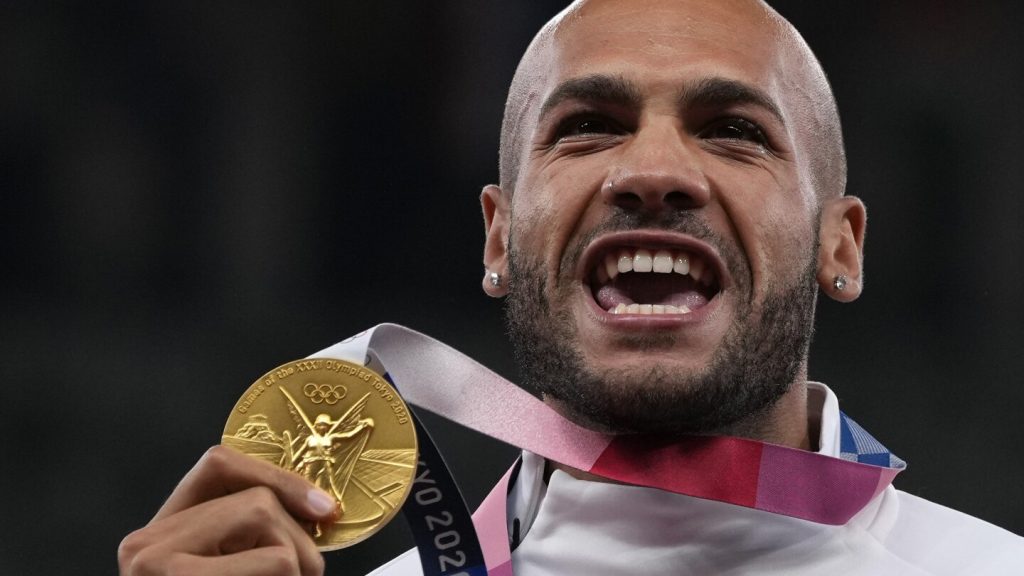Track and field is set to make history as the first sport to introduce prize money at the Olympics, with World Athletics announcing that gold medalists in Paris will receive $50,000. This symbolic break with the amateur past of the Olympics will see a total of $2.4 million being allocated for the gold medalists across the 48 events on the track and field program. Relay teams will split the $50,000 prize between their members, while silver and bronze medalists are set to receive payments starting from the 2028 Olympics in Los Angeles. World Athletics President Sebastian Coe emphasized that this move is a recognition of the athletes’ role in generating revenue for the sport.
The decision to offer prize money to Olympic track and field athletes will be funded by the share of Olympic revenue that the IOC distributes to World Athletics. While this marks a significant shift in the Olympic movement, the IOC stated that it is up to each sport’s governing body to decide how to spend its share of Olympic revenue. Traditionally, the modern Olympics have upheld amateur sports values, with the IOC refraining from awarding prize money. However, many Olympic medalists receive financial rewards from their countries’ governments, national sports bodies, or sponsors.
The introduction of prize money for Olympic track and field events reflects a broader trend in sports where athletes are increasingly recognized for their achievements with financial rewards. Coe, a former Olympic gold medalist, acknowledged the evolving landscape of sports and the added pressures faced by competitors in today’s professional environment. While some sports like tennis and golf offer medals without prize money at the Olympics, track and field’s initiative could pave the way for other sports to reconsider their approach. Coe’s leadership in this decision could also impact his potential candidacy for the IOC presidency in the future.
Despite the groundbreaking move by World Athletics, there is currently no indication of other Olympic sports following suit in offering prize money. World Athletics, which receives most of its funding from its own events like the world championships, stands out financially among sports governing bodies reliant on IOC payments. Olympic gold medalists in track and field will still receive less prize money compared to World Athletics’ own world championships, where prize money is awarded down to eighth place. Athletes will need to pass anti-doping procedures at the Olympics before receiving the new prize money.
The impact of prize money on American college athletes participating in track and field at the Olympics remains uncertain, as the NCAA has undergone recent changes allowing athletes to profit from sponsorship deals. Coe expressed hope that the NCAA would allow college athletes to accept Olympic prize money, considering the evolving rules and protocols surrounding athlete compensation. As the sports landscape continues to evolve, with athletes playing a central role in generating revenue, the introduction of prize money at the Olympics could signal a new era of recognition and support for competitors across various sports.


